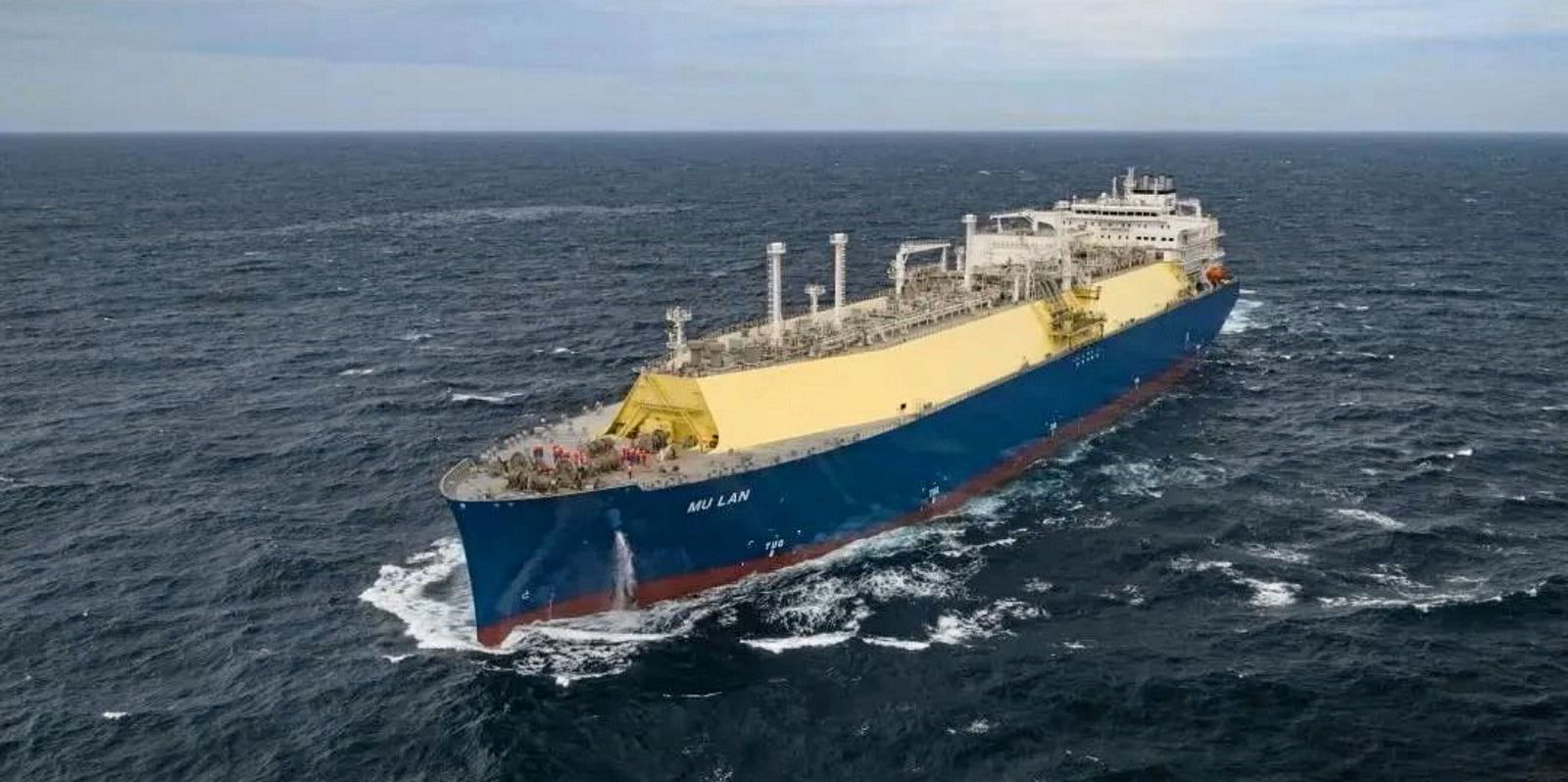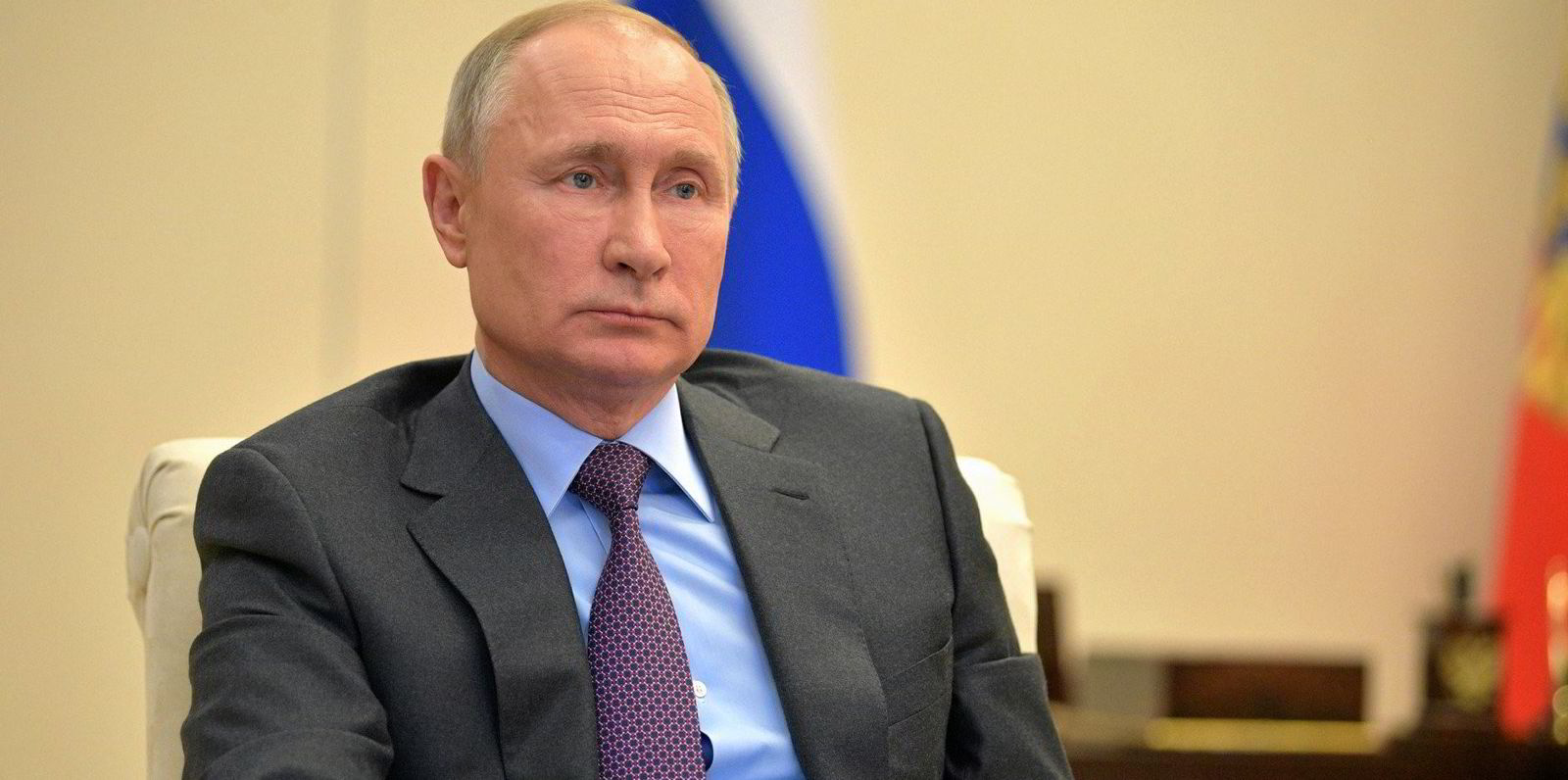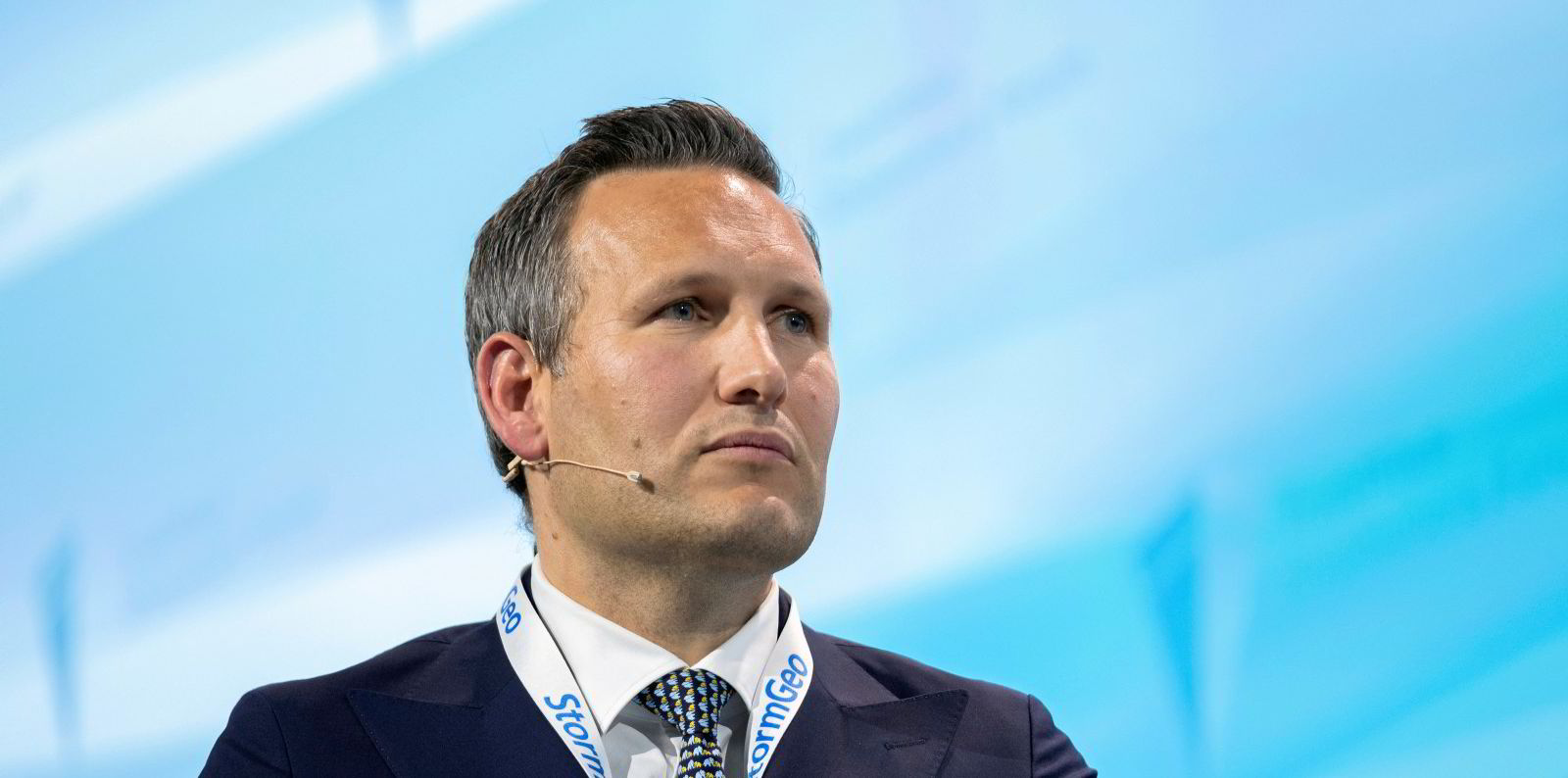The European Union’s planned shift away from Russian LNG would be a historic shift in energy trading with the added benefit of counter-cyclically boosting import demand, Evercore says.
Part of the plan hatched by European leaders last week includes cutting Russian gas imports by two-thirds, or 112bn cubic feet, by the end of the year, while beefing up depleted reserves in an effort to break its reliance on Russian LNG following the invasion of Ukraine.
“The recently announced EU energy supply reconfiguration could be the largest change in European energy consumption since the end of the Second World War,” Evercore analyst Sean Morgan said in a note.
“If the EU follows through on the recent pledge to veer away from the long-standing relationship with Russian natural gas, the change in market share for global gas buying will be swift and extensive.”
The plan, called RePowerRU, includes moving away from fossil fuels, but also diversifying where the EU gets its LNG, boosting imports by 50bn cubic feet and refilling inventories to 90% capacity by October.
Russia provides Europe with just over one-third of its natural gas and Germany with more than half.
EU officials have suggested the bloc could move towards an energy mix like Spain, which mixes LNG liquefaction and renewables.
Evercore said that would require the construction of seaborne LNG import infrastructure and pipelines, with Germany proposing two.
The question remains of exactly what cargoes would fill that infrastructure, Evercore said, as 70% of LNG volumes are committed on long-term contracts.
It expects China and India to pivot towards Russian LNG, which could end up trading at a discount to European and Asian prices.
Meanwhile, the bank predicted Europe will pivot to sourcing Qatari, US and Australian gas.
This shift would “likely support export arbitrages at higher levels than normally observed” as the northern hemisphere winter ends and temperatures rise.
It highlighted Golar LNG as a beneficiary among shipowners, alongside producer New Fortress Energy, which controls the former Hygo Energy Transition fleet.
This story has been amended to reflect Russia’s share of European gas imports





